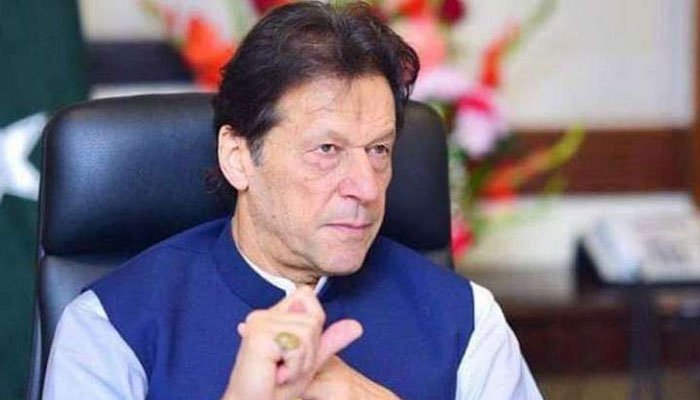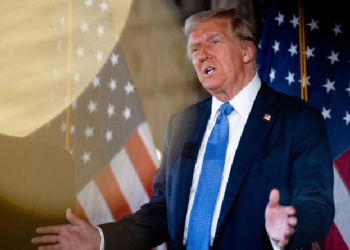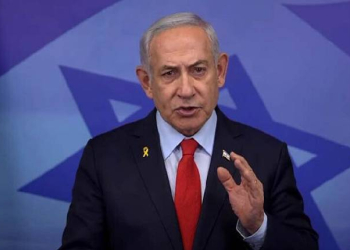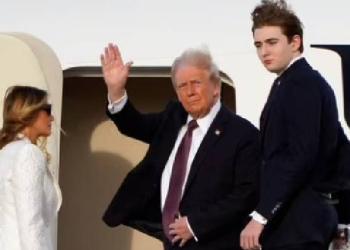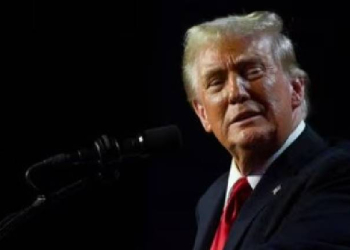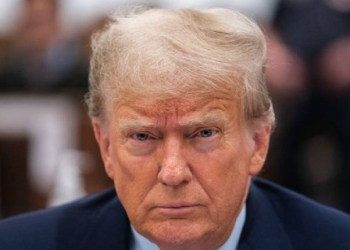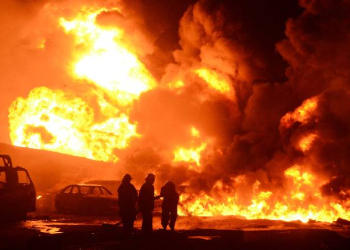Islamabad: After being ejected from power through a no-confidence vote in the parliament with opposition claiming majority, Imran Khan’s Pakistan Tehreek-e-Insaf (PTI) decided to not only boycott the voting proceedings but also rendered resignations, creating a major void by emptying at least 133 constituencies.
Imran Khan’s decision to render mass resignations from the National Assembly was a difficult pill to swallow for many of PTI members as there was a clear deviation within the party. Many party members were of the view that resigning will cede ground open for its opposition parties, something that would not help the PTI but may show its negative affect and impact on Imran Khan’s demand of early elections in the country. However, the final decision was left for Imran Khan to take, who decided to render mass resignations.
The question is if this move will help Imran Khan achieve his prime goal of having early elections in the country or not?
Imran Khan has decided to take to the streets and protest against what he calls an imported government, “which has came into power with the help of a US-led international conspiracy” against him. The main agenda behind the public protests across Pakistan is to show public strength and create enough pressure on the Shehbaz Sharif-led coalition government to announce general elections at the earliest.
It is a fact that Imran Khan’s latest narrative of an anti-US uproar, international conspiracy has gained him a major uplift in his popularity among the masses, who came out in huge number to show their support to him and rejected accepting the newly- elected government under Shehbaz Sharif.
Now, with Imran Khan and his team out of the Assembly, a thorough plan has been formulated for staging big public gatherings, demanding the government to hold early elections.
While Imran Khan believes that public pressure will push the government towards going into early elections, the decision to resign from the parliament may not help him achieve his desired result from the public uproar.
By not being in the assembly, the PTI loses out on being part of any legislation, formation of commissions, or major decision-making process. It also would not be able to challenge the ruling benches with its demand of early elections in the parliament, the very place where this particular decision will be made.
Imran Khan says that he cannot sit in the same parliament with what he refers as “thieves and looters of the country’s wealth”.
But it is also a historical fact that the biggest of protests against a ruling government have never been able to oust any sitting government. Imran Khan’s strongest resistance was when he staged a long march and sat outside the Parliament in Islamabad for at least 126 days, protesting daily against the then Prime Minister Nawaz Sharif. Even such a strong anti-government did not oust the government and the de-seating of Sharif had to go through the judicial process.
With mass resignations, Imran Khan’s political mistake has given Shahbaz Sharif government no resistance in the parliament along with giving an easy getaway for the defecting members of PTI. This has also given the opportunity to the sitting government to delay the process of elections as much as they can and use that time to tire Imran Khan and his anti-government campaign.
(IANS)



